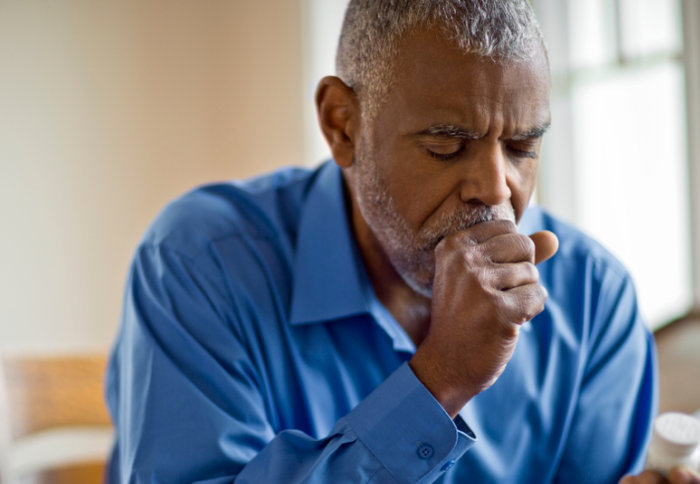UK coronavirus policy could put 7.3 million over-60s at increased risk
by Ryan O'Hare

The UK threshold for isolation is 70 years and over, but people in their 60s are still at 'considerable risk'
The UK’s policy for shielding older adults from COVID-19 overlooks 7.3 million adults aged 60-69, placing them at increased risk and death.
These are the findings from new study from researchers at Imperial College London and the University of Exeter.
Currently, the UK government’s age threshold for isolation is 70 years and over. But the researchers say that while this group is at a lower risk of severe illness compared to those aged 70 years or older, their risk is still considerable.
Writing in the Journal of the Royal Society of Medicine, they highlight that data from countries including China and Italy show that people aged 60-69 years are also at high risk of complications and death from the virus.
“The UK’s policy is at variance with the World Health Organisation, which states that those above the age of 60 years are at the highest risk, requiring additional preventative measures,” said Professor Azeem Majeed, Head of the Department of Primary Care & Public Health at Imperial College London, senior author of the paper.
The authors highlight case fatality rates for those aged 60-69 are 3.5 per cent in Italy and 3.6 per cent in China. They add that other countries, including Switzerland and France have set a lower limit than the UK, encouraging those aged 65 and older to enforce strict public health measures due to their increased risk of severe illness and death from COVID-19.
The authors conclude that where no government guidance is in place, people in their 60’s can make their own informed decisions on how to minimise their risks of COVID-19. This could include isolating themselves in a similar manner to that recommended in the UK government for people aged 70 and over.
Professor Majeed adds: “National and global spread of COVID-19 is accelerating. To reduce hospitalisations, intensive care admissions and death we recommend that those aged between 60 and 69 are particularly stringent when implementing public health measures such as social distancing and personal hygiene.”
This article is adapted from materials provided by the Royal Society of Medicine
-
Article text (excluding photos or graphics) © Imperial College London.
Photos and graphics subject to third party copyright used with permission or © Imperial College London.
Reporter
Ryan O'Hare
Communications Division